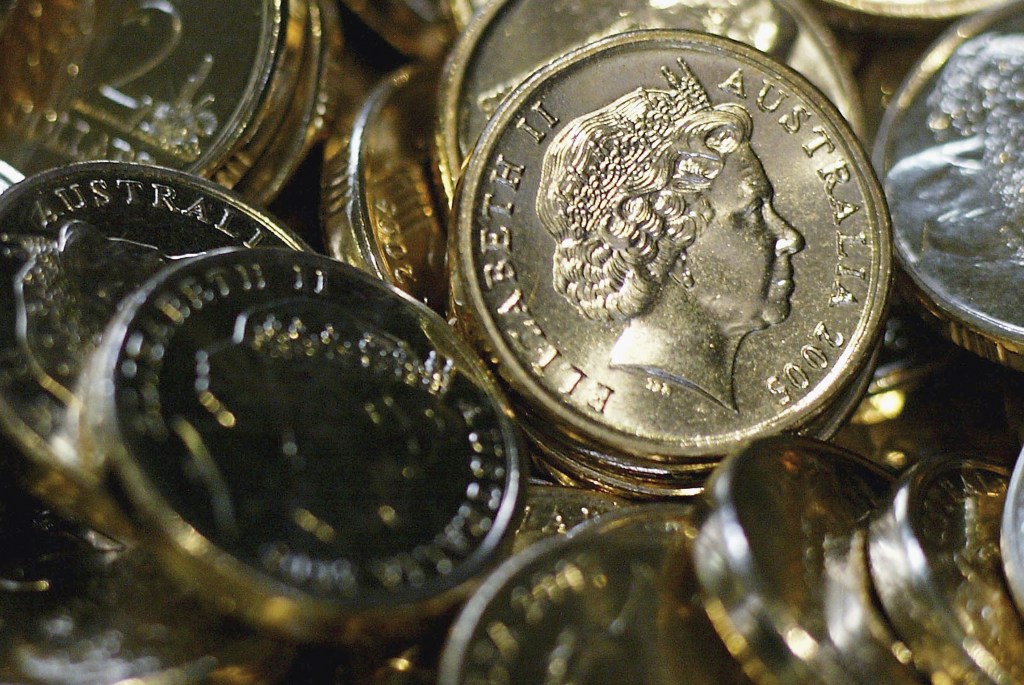Federal Budget, inflation numbers and central bank meetings overseas are the focus for markets.
Key Takeaways
- The Treasurer will hand down the 2022/23 Federal Budget next Tuesday
- Q3 22 CPI will print and we expect prices rose by 1.6%. Inflation is still high and so the RBA will hike again in November
- Overseas the focus will be on a number of central bank meetings, including the ECB, BoC and BoJ

The economic calendar ramps right up in the week ahead.
On Monday, RBA Assistant Governor of Financial Markets Christopher Kent will deliver a speech at the Commonwealth Bank Global Markets Conference.
On Tuesday, the Federal Government Treasurer Jim Chalmers will hand down the 2022-23 October Budget at 7.30pm. The better‑than‑expected 2021/22 Budget bottom line and higher nominal GDP outcomes to date mean a stronger fiscal starting point. The Budget will also contain an updated set of economic forecasts. The Treasurer in July released a ministerial statement that previewed some revised Treasury forecasts ahead of the October Budget. Outcomes since then mean we expect tweaks upward on the outlook for inflation and downward revisions for economic activity further out. See here for the preview from Stephen Halmarick.
On Wednesday, we receive the Q3 22 CPI. We expect headline CPI increased by 1.6% in the quarter. If our forecasts are realised, that would indicate the quarterly pace of inflation has not accelerated, but rather slowed. That said, base effects mean the annual rate will increase further. An outcome in line with our forecasts for both headline and underlying CPI will see the RBA raise the cash rate by 25bp at the November Board meeting. See here and overleaf for the detailed Q3 22 CPI preview.
Adding to the prices story, export and import price data for Q3 22 are scheduled on Thursday. We expect export prices fell over the quarter because of the sharp fall in commodity prices over the same period. By contrast, import prices likely edged higher. While AUD/USD has fallen quite sharply, what matters more for imports is the A$ trade‑weighted index which was relatively little changed over Q3.
On Friday the producer price index for Q3 22 is also released.
Our international economics team this week updated their currency forecasts. We see a global recession in 2023 pushing the USD up further. Together with weaker commodity prices and wider interest rate differentials, AUD/USD is expected to decrease modestly further, to below 0.60 for a period before starting a recovery mid‑2023.
The key focus for global markets in the week ahead will be a number of central bank meetings. The first cab off the rank is the Bank of Canada. Underlying inflation is still elevated so we expect the BoC to press on with another rate hike. But with signs of a slowing in the Canadian economy we expect the BoC to further slow the pace of tightening to 50 basis points, though the risk lies with another 75bp hike.
The ECB will also meet. We expect the ECB to raise the deposit rate by 75bp following the 75bp lift in September. Inflation remains high in the euro area and elevated prices are at risk of becoming entrenched.
Finally, the BoJ will also meet. Japan’s inflation dynamics have improved. But we do not expect policymakers to consider the gains as sustained as of yet. Consequently, we expect the BoJ to keep policy settings unchanged.
In terms of data, US Q3 22 GDP and employment costs as well as the PCE deflator for September will be key to watch.
Stephen Wu is an economist at Commonwealth Bank.